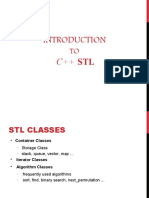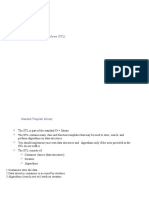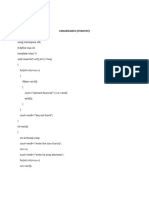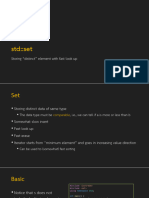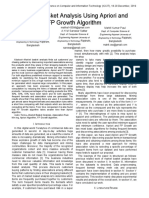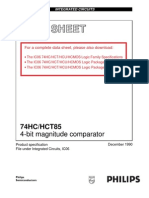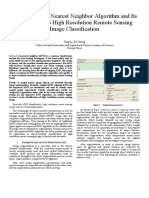0% found this document useful (0 votes)
15 views18 pagesC++ STL Complete Study Guide
The document is a comprehensive study guide on the C++ Standard Template Library (STL), detailing its components such as containers, iterators, algorithms, function objects, and utilities. It covers various types of containers including sequence, associative, and unordered containers, along with their operations and performance characteristics. Additionally, it discusses algorithms for modifying and non-modifying operations, as well as performance comparisons for different container types.
Uploaded by
vadersback04Copyright
© © All Rights Reserved
We take content rights seriously. If you suspect this is your content, claim it here.
Available Formats
Download as PDF, TXT or read online on Scribd
0% found this document useful (0 votes)
15 views18 pagesC++ STL Complete Study Guide
The document is a comprehensive study guide on the C++ Standard Template Library (STL), detailing its components such as containers, iterators, algorithms, function objects, and utilities. It covers various types of containers including sequence, associative, and unordered containers, along with their operations and performance characteristics. Additionally, it discusses algorithms for modifying and non-modifying operations, as well as performance comparisons for different container types.
Uploaded by
vadersback04Copyright
© © All Rights Reserved
We take content rights seriously. If you suspect this is your content, claim it here.
Available Formats
Download as PDF, TXT or read online on Scribd
/ 18





